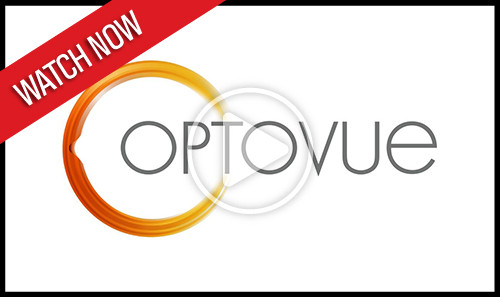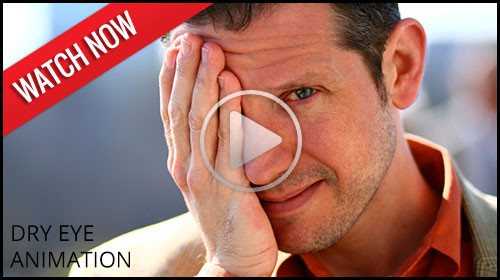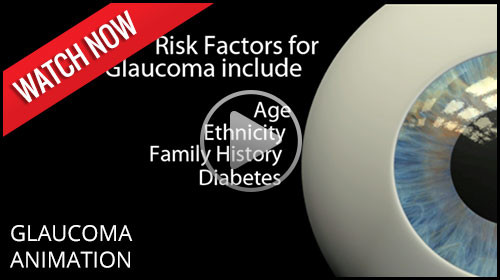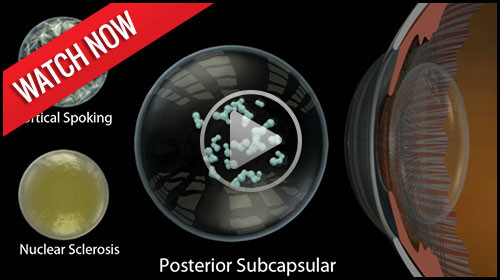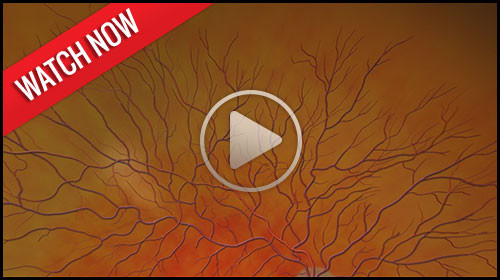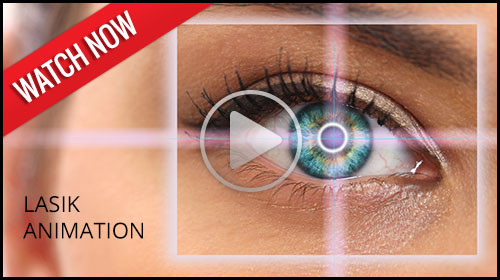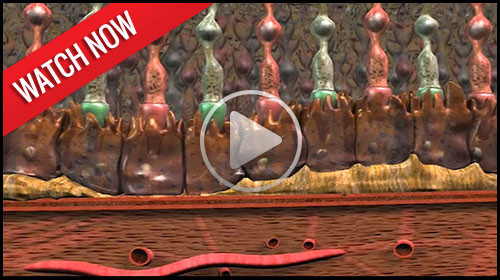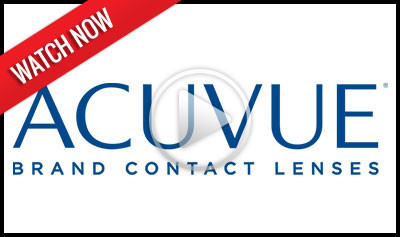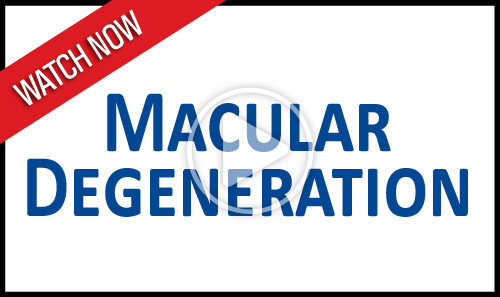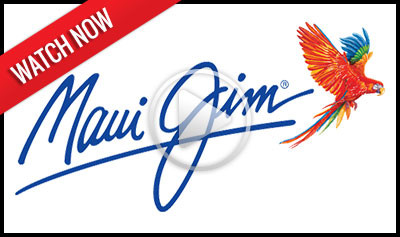Our Services
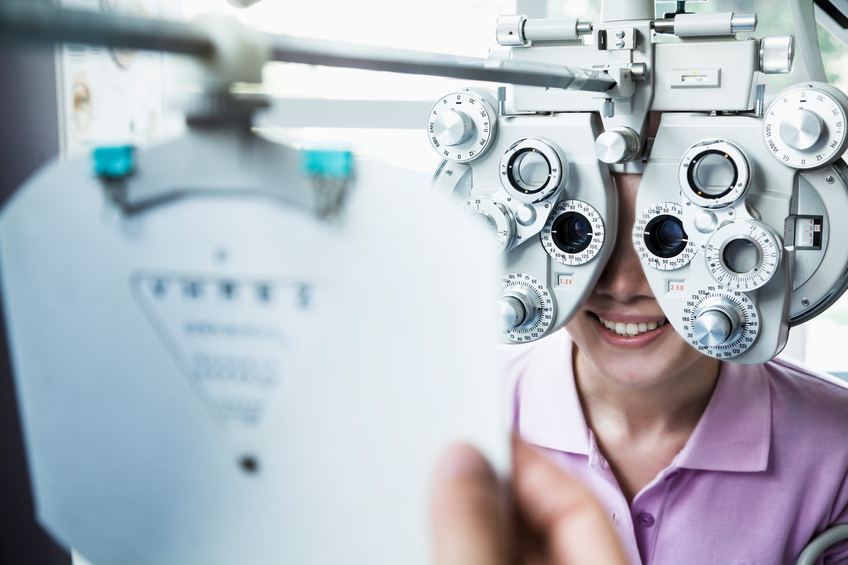
As a fully licensed and equipped optometric practice, Robert J Parks,OD offers a complete range of eye care services to all our patients.
Whether the eye care issue involves correcting refractive errors with eyeglass or contact lenses, helping a student find amazing frames, or diagnosing/treating eye conditions and diseases, our experienced team will identify and implement the best eye care solutions for you.
Eye Health Evaluation
With our years of experience in diagnosing and treating typical vision disorders such as nearsightedness, farsightedness, amblyopia, presbyopia, cataracts, macular degeneration, and diabetic retinopathy, Robert J Parks, OD, FAAO and their team are equipped to provide appropriate therapeutic medical eye care.
At the same time, the Robert J Parks,OD team offers a wide array of high quality eye care products at reasonable prices. Our patients never pay too much for the best quality in eyeglasses, contact lenses, sunglasses, progressive and bifocal lenses, and outstanding service.
Treatment of Eye Disease
If you are diagnosed with an eye disease, you want the best treatment available to get your eyes healthy again. At Robert J Parks,OD, we stay current with best treatment practices. Based on your diagnosis, we may recommend a wide variety of approaches, including improved nutrition, prescription medicines, therapy and vision exercises, or medical procedures.
Good Eye Care Begins With A Yearly Eye Exam!
Although many do not realize it, the best way to protect your vision is with a yearly eye checkup. Even a basic eye exam can instantly detect many health-threatening conditions, such as tumors, vascular irregularities, and diabetes-related injury to the retina. At Robert J Parks,OD, that basic checkup is brief and painless.
Optical Coherence Tomography / OCT
When patients come to our office for eye exams, many times there is testing that we do to help us diagnose problems. One of these tests uses Optical Coherence Tomography, or OCT. Pictures taken with our OCT machine are generated by light waves that reflect off the back of the eye or retina, creating images similar to what could be produced by a low power microscope. The OCT also provides cross-sectional images. These images can display the various layers of the retina. This technology is also used to image the optic nerve, which is important in glaucoma treatment and management.
OCT is a non-invasive and no-contact test that doesn't require preparation from the patient. There is no exposure to radiation since the machine uses light to obtain the images. The patient sits in front of a machine, a couple of bright flashes like a normal camera flash go off, and then the photos can be viewed on the machine within a minute.
The OCT is an extremely valuable tool used to help diagnose and manage common retinal eye diseases such as macular degeneration, macular edema (fluid in the retina), and macular hole/epiretinal membranes. We use the initial OCT images to aid in making a definitive diagnosis. The OCT compares these initial images of your eye to a database of images of normal eyes matched to your age. In this way, the first OCT images we take can help point out potential issues if there is something that looks different from normal or average. Subsequent OCT images can then compare how you look now compared to how you looked initially. This can be very valuable in gauging how well treatment is working or if the problem is progressing.
The other common use of the OCT is for monitoring and managing glaucoma. We usually take initial images of the optic nerve, and the OCT can then compare these images to those of age-matched healthy control patients. The OCT will usually be repeated every year so we can follow any changes or progression over time.
The advent of OCT has revolutionized the way we evaluate the retina because we can now detect subtle findings not otherwise easily seen during clinical exams. This makes the OCT one of the most valuable tests we can do in our office.
Dry Eyes: Detection and Treatment
Dr. Parks can determine if dry eyes are affecting you by discussing any ocular symptoms you may have and detecting associated signs of the condition as the cause. Treatment prescribed may include artificial tears, warm compresses, prescription medications, or punctal plugs, which slow down the drainage of your tears.
Glaucoma: Detection and Treatment
Glaucoma can be detected by Dr. Parks by the measurement of intraocular pressure (blue light test) and examination of the optic nerve appearance. If either of these is suspicious for glaucoma, our eye doctor will order an OCT and Visual Field test, both of which can be performed in his office.
If Glaucoma is diagnosed, Dr. Parks will prescribe pressure-lowering eye drops. More frequent visits will be needed to monitor your progress. If eye drops do not greatly lower your risk of vision loss from glaucoma, an appointment will be made with a Board Certified Glaucoma Specialist.
Cataract: Detection and Management
Dr. Parks checks for cataracts at every comprehensive eye exam. If cataracts are detected, he may prescribe a new glasses prescription, just monitor them, or if they are visually significant, make an appointment for you with a Board Certified surgeon who specializes in cataract extraction.
One week after surgery you will return to Dr. Parks for your post-op evaluations, which will include prescribing new glasses if needed. Please note that glasses will be needed at least for reading unless you choose to upgrade to a multifocal intraocular lens.
Diabetic Retinopathy: Detection and Management
Dr. Parks will perform a dilated eye examination at least yearly on all diabetics. If diabetic retinopathy is detected, examinations may be scheduled more frequently. If severe diabetic retinopathy or macular edema that could cause vision loss is present, we will make an appointment for you with a Board Certified Retina Specialist for treatment. Dr. Parks will then comanage your eye care with the Retinal Specialist.
Lasik: Consultation and Co-management

LASIK, a form of refractive surgery, is a popular option for vision correction, often eliminating the need to wear glasses or contact lenses. Simply put, LASIK reshapes the cornea with a laser.
Other surgical alternatives have become available. Among these is a technique called phakic IOL implantation which involves implanting a lens behind the cornea but in front of the iris. With this new option, many of those who were too highly nearsighted for LASIK are now candidates for refractive surgery.
If you have an interest in Lasik, schedule an appointment for a consultation with Dr. Parks. He will provide a comprehensive examination and discuss your questions and concerns. If you are a good candidate you will be referred to TLC in Providence. They have a great track record and will answer any further questions before proceeding with laser surgery.
You will return to see Dr. Parks one week after surgery. He will monitor you several more times to optimize your recovery and final vision.
Macular Degeneration: Detection and Treatment
At every comprehensive examination, Dr. Parks will examine your retina for indications of macular degeneration. If there are any possible signs, Optical Coherence Tomography {OCT) will be performed in the office. It acts like ultrasound in allowing changes deep in the retina to be visualized.
If Dry Macular Degeneration is diagnosed, Dr. Parks may prescribe ultraviolet light protection in your eyewear and changes in nutrition and lifestyle. Nutritional supplements such as MaucHealth (available from the office) may be advised in early cases. AREDS 2 formula vitamins will be prescribed for intermediate and advanced diseases.
If Wet Macular Degeneration is diagnosed our office will make an appointment for you with a Board Certified Retina Specialist for treatment.
Eye Emergencies
Robert J. Park OD is always available when you have an eye emergency. The emergency number is (401) 738-0606.
If you suffer an eye injury or another eye emergency don't panic and rush to the hospital emergency room or walk-in clinic! Our experienced and qualified eye doctor has expertise in treating a wide range of eye emergencies. Contact us immediately to receive urgent eye care in our Warwick office.
TYPES OF EYE EMERGENCIES
The most common reasons that patients visit Robert J. Parks, OD for emergency treatment are:
- Eye infections
- Irritations from a chemical or foreign substance
- Corneal scratches
- Foreign objects stuck in the eye
- Blunt eye injuries
Our office is furnished with state-of-the-art diagnostics and the latest technology to ensure that you receive a precise diagnosis and treatment. If you experience an infection or eye injury in the Warwick area. Call us for assistance.
COMMON SYMPTOMS OF AN EYE EMERGENCY
- Double Vision
- Severe eye pain
- Seeing flashes of light
- New "floaters" in your field of view
- Sudden changes in pupil size
- Sudden Vision loss in one or both eyes
- New sensitivity to light
- Dark shadows gliding across your vision
If you experience any of these symptoms don't ignore them. Immediate treatment can prevent many complications with your vision. In the event of an eye emergency call Dr. Robert J. Parks at 401-738-0606. If the office is closed call our emergency number: 401-741-6810. Please for a chemical injury vigorously irrigate the eye for 5-10 minutes and go to the emergency room.

